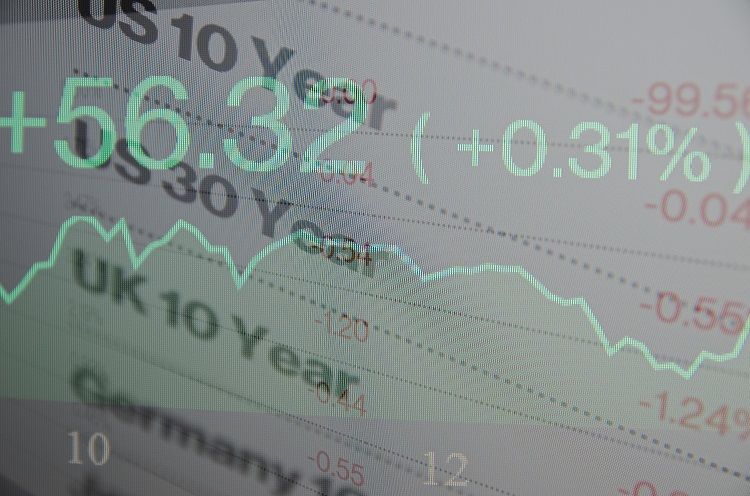Knowing when to invest in a hedge fund can be just as valuable as knowing which hedge fund to invest in.

The best time to commit to a new hedge fund may be when the industry is "out of favour," according to research by finance professors Lin Sun, Zheng Sun and Lu Zheng. Although fund launches tend to spike when investor demand is high, funds opened during these hot markets tend to deliver relatively poor performance while exhibiting higher operational risk. Furthermore, these funds have significantly lower survival rates during the first three years after launching.
Other research suggests that the best time to allocate money to hedge funds is beginning in the third quarter of a year and that it is best to maintain those investments through June 30 of the following year. FIU associate professor Mustafa Caglayan found that, unlike regulated institutional investors, hedge funds increase their demand for high book-to-market value stocks while decreasing their demand for low book-to-market value growth stocks during the second quarter after companies’ annual reports are publicized during the first quarter.
Aside from finding the right timing, there are some things that you will need to consider before buying into hedge funds:
Can you qualify as an investor?
If you had an income of at least $200,000 (or $300,000 including a spouse) in each of the past two years and expect the same for the current year – or have a net worth of more than $1 million (alone or including a spouse) excluding the value of a primary residence – you can qualify as an accredited investor. If you do not meet these criteria, you will not be qualified to invest in hedge funds regardless of your investment experience.
Can you afford the risk?
With high-risk investment strategies, hedge funds can help you earn your money back multiple times in just a short period. But that also means hedge funds can suffer huge losses and failures that can cost you every dollar you have on the line. Therefore, the fact that you meet accredited investor requirements is not enough reason to buy into hedge funds – you must also be willing to take on the high risk.
Do you know the price you have to pay?
The typical fee structure in the hedge fund industry is referred to as "2 and 20," meaning you will pay 2% of your assets regardless of the fund’s performance in management fees, as well as 20% of your profits in performance fees. While some funds are justified in these hefty charges, it is worth trying to negotiate them downwards. One option: you could opt for a fee structure that charges lower management fees, but makes up for it by levying a higher performance fee.
Do you know the fund’s investment philosophy?
Hedge fund managers have a great amount of discretion in deploying your money. Because of this, it is important to study their investment strategy before you actually commit. Do some research, and do not make an investment decision that is merely based on a friend’s recommendation. You will need to keep in mind, however, that the amount of information about hedge funds available to the public is limited as their reporting requirements are not that strict.
Before investing, you must have a detailed discussion with the hedge fund manager to ensure you have a thorough understanding of their strategy.
How has the fund performed in the past?
One reason behind hedge funds’ popularity is that they promise to make a profit for you even when markets are down. Hedge funds are usually evaluated on the basis of their absolute returns – the profits they make are not compared with any benchmark. But when you are assessing a hedge fund’s performance, do not just look at absolute returns, make sure to determine the ways and means used to achieve these returns. Many hedge funds are highly leveraged, which can boost returns, but can also be classified as a high-risk strategy.
You must also look out for "style drift." Sometimes, a fund may stray from its stated strategy to cash in on a market opportunity. While this may provide an immediate profit, it can be an indicator of the fund’s inability to adhere to its investment plan.
How is the fund’s Sharpe ratio?
The Sharpe ratio is a measure of the risks that the fund took to achieve a given return. Using this ratio, you can determine the extent to which a fund’s performance is associated with its risk-taking activities.
A Sharpe ratio greater than 1 is considered acceptable, and a higher Sharpe ratio indicates that the fund has been able to generate profits while controlling its risk level.
Just because you can invest in hedge funds does not automatically mean that you should do so. Make sure that you consider the things discussed above before making an investment decision. Remember, your wealth is at stake here.



